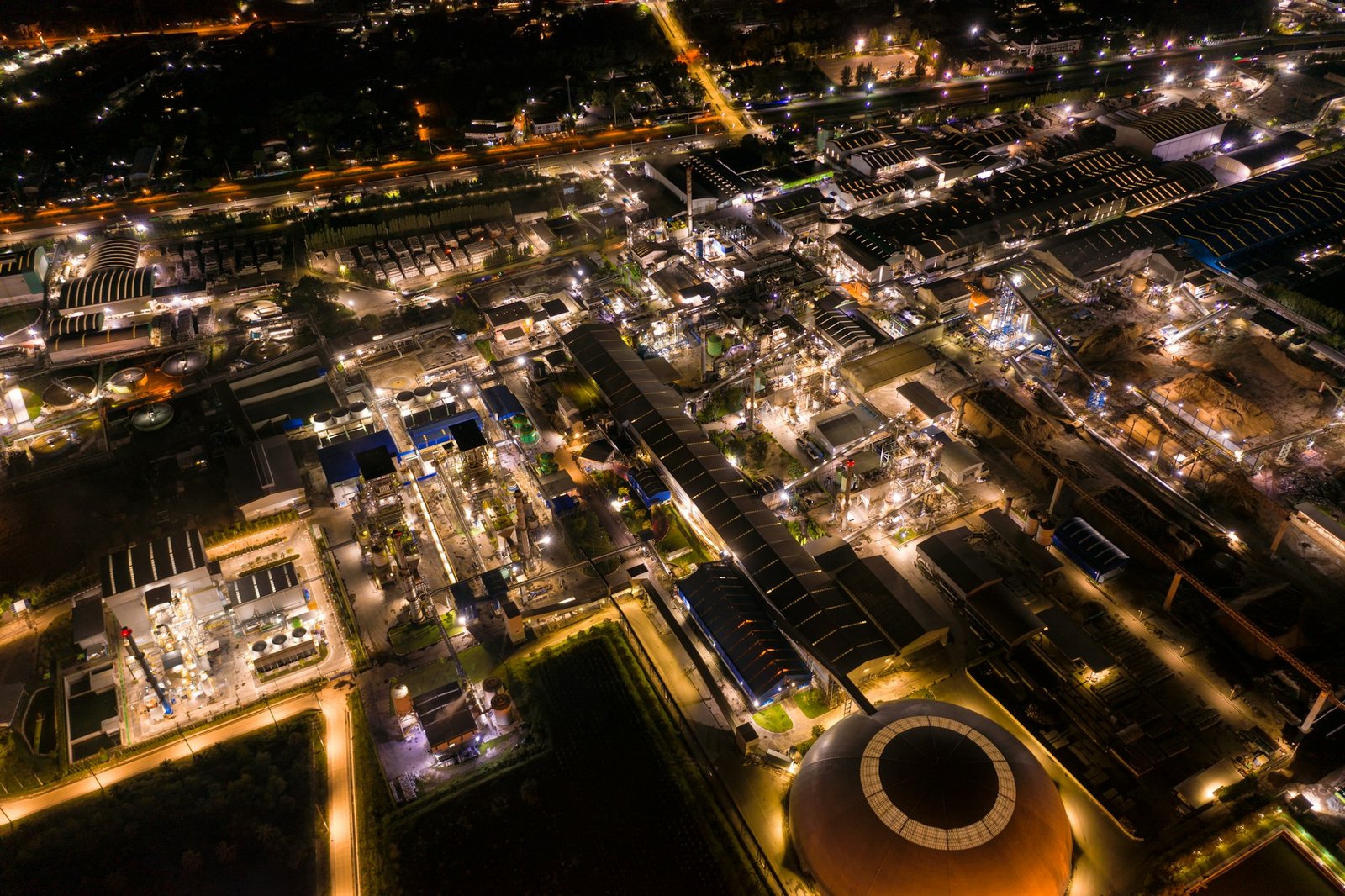Nanochemicals: Revolutionizing the Global Chemical Industry
Introduction
Imagine a world where materials are engineered at the molecular level to create more efficient, cost-effective, and environmentally friendly products. Welcome to the age of nanochemicals. The global chemical industry is on the brink of a paradigm shift, driven by the application of nanotechnology. In this article, we will explore how nanochemicals are transforming industrial processes and revolutionizing the chemical manufacturing landscape.
Nanochemicals: A Paradigm Shift in Chemical Manufacturing
The Concept of Nanochemicals
Nanochemicals are chemical substances or materials engineered at the nanometer scale (one billionth of a meter). These materials exhibit unique properties that differ significantly from their bulk counterparts, making them invaluable in various industrial applications. Nanochemicals can enhance product performance, reduce environmental impact, and lower production costs.
Historical Context and Development
The concept of nanotechnology dates back to physicist Richard Feynman’s visionary lecture, "There’s Plenty of Room at the Bottom," delivered at Caltech in 1959. However, it wasn’t until the advent of advanced microscopy techniques in the 1980s that scientists could manipulate and observe materials at the nanoscale. Since then, nanotechnology has rapidly evolved, leading to groundbreaking developments in nanochemicals.
Leading Companies and Innovations
Several companies are at the forefront of nanochemical research and production. For example, BASF, a global leader in chemical manufacturing, has invested heavily in nanotechnology to develop innovative solutions. DuPont and 3M are also notable players in this field, pioneering advancements in nanomaterials for various applications.
Applications of Nanochemicals
Nanochemicals have diverse applications across industries, including:
- Medicine: Nanoparticles are used in drug delivery systems to target specific cells, improving the efficacy and reducing side effects.
- Energy: Nanomaterials enhance the performance of batteries and solar cells, leading to more efficient energy storage and conversion.
- Environmental Protection: Nanochemicals are employed in water purification and pollution control, contributing to sustainability efforts.
- Consumer Products: From cosmetics to textiles, nanochemicals improve product durability, functionality, and aesthetics.
Economic Impact
The global market for nanochemicals is projected to reach billions of dollars in the coming years. According to a report by MarketsandMarkets, the nanochemicals market is expected to grow at a CAGR of 10.5% from 2021 to 2026. This growth is driven by increasing demand across industries and ongoing research and development efforts.
Transforming Industrial Processes with Nanotechnology
Enhancing Manufacturing Efficiency
Nanotechnology is revolutionizing traditional manufacturing processes by introducing nanoscale materials that offer superior properties. For instance, nanocatalysts can significantly increase the efficiency of chemical reactions, reducing energy consumption and waste generation. This not only lowers production costs but also minimizes the environmental footprint of industrial activities.
Case Studies of Industrial Transformation
Automotive Industry
In the automotive sector, companies like Tesla are leveraging nanochemicals to develop lightweight, high-strength materials for vehicle components. These materials enhance fuel efficiency and safety while reducing overall vehicle weight. Moreover, nanocoatings are used to create self-cleaning and scratch-resistant surfaces, improving the longevity and aesthetics of vehicles.
Electronics Industry
Nanochemicals are also making waves in the electronics industry. Intel and Samsung are incorporating nanomaterials into semiconductor manufacturing, enabling the production of smaller, more powerful, and energy-efficient devices. This has paved the way for advancements in computing, communication, and consumer electronics.
Environmental and Sustainability Benefits
One of the most significant advantages of nanochemicals is their potential to address environmental challenges. For example, nanomaterials are used in the development of advanced filtration systems that can remove contaminants from water and air more effectively than traditional methods. This is crucial in combating pollution and ensuring access to clean resources.
Challenges and Future Prospects
While the benefits of nanochemicals are undeniable, there are also challenges to consider. These include:
- Safety Concerns: The long-term health and environmental effects of nanomaterials are not yet fully understood. Ongoing research is needed to ensure their safe use.
- Regulatory Hurdles: The rapid advancement of nanotechnology has outpaced regulatory frameworks, creating uncertainty for manufacturers and consumers.
- Cost of Production: Despite their potential, nanochemicals can be expensive to produce. Economies of scale and technological advancements are expected to drive down costs over time.
Looking ahead, the future of nanochemicals appears promising. Continued investment in research and development, coupled with collaboration between industry and academia, will drive innovation and address existing challenges. As technology evolves, we can expect to see even more groundbreaking applications of nanochemicals in various sectors.
Key Takeaways
- Nanochemicals are chemical substances engineered at the nanoscale, offering unique properties that enhance industrial processes and product performance.
- Leading companies like BASF, DuPont, and 3M are driving innovation in nanochemical research and applications.
- Nanochemicals have diverse applications across industries, including medicine, energy, environmental protection, and consumer products.
- The global market for nanochemicals is projected to grow significantly, driven by increasing demand and ongoing research and development efforts.
- Nanotechnology is revolutionizing industrial processes, improving efficiency, reducing waste, and minimizing environmental impact.
- Challenges include safety concerns, regulatory hurdles, and production costs, but continued investment and collaboration will drive future advancements.
In conclusion, nanochemicals represent a paradigm shift in the global chemical industry, offering transformative potential across various sectors. By harnessing the power of nanotechnology, we can create a more efficient, sustainable, and innovative future.





